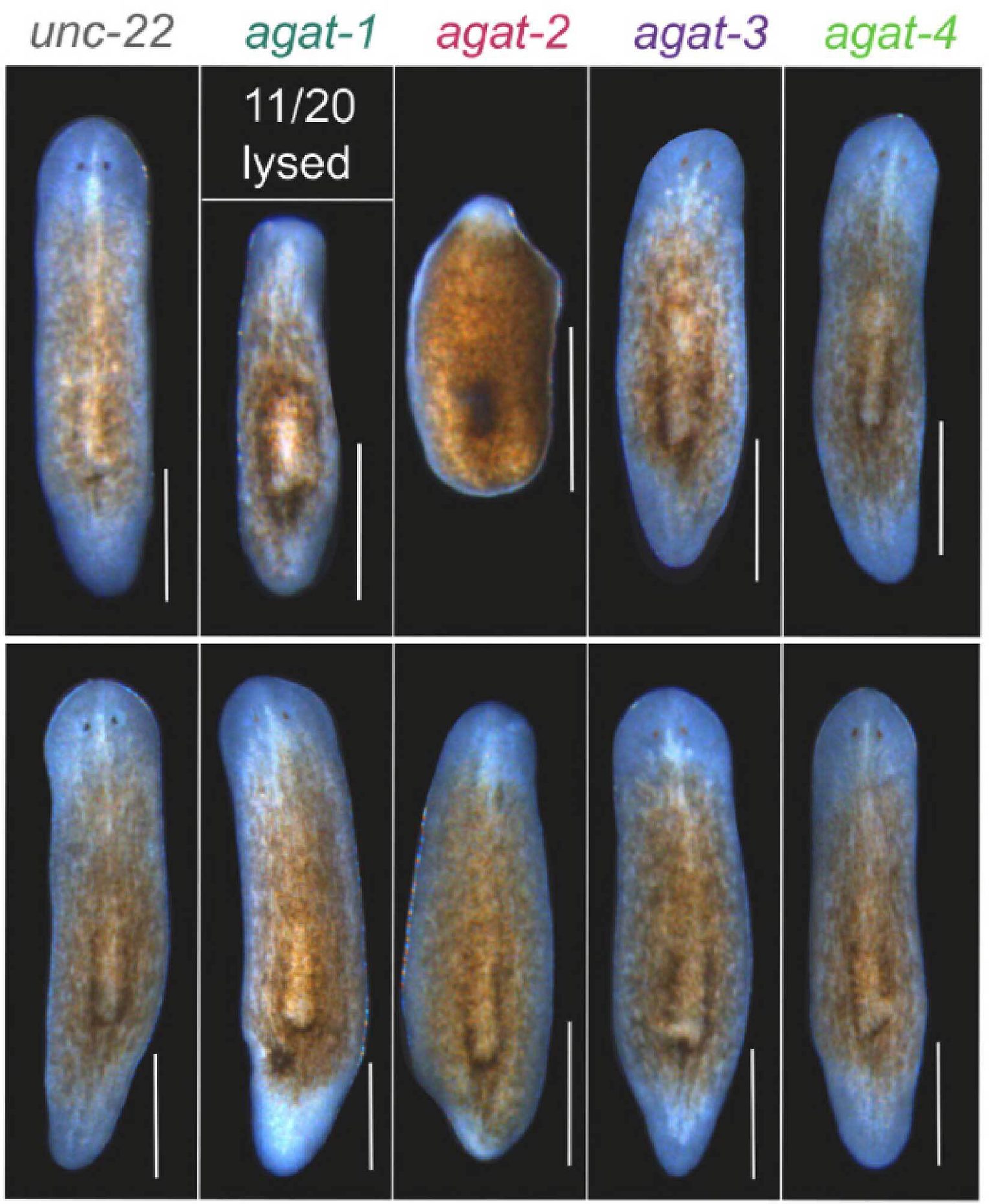Todd Bradley, PhD, who conducted his graduate research at the Stowers Institute from 2007 to 2013 while studying for his doctoral degree at the University of Kansas (KU) School of Medicine, is playing a key role in Duke University’s efforts to design a vaccine that will prove more effective than currently available experimental vaccine regimens in protecting people against HIV-1, the virus that causes AIDS.
Bradley, who received his PhD in pathology and laboratory medicine in 2013, is director of the Duke Human Vaccine Institute Viral Genetic Analysis core facility in Durham, North Carolina. He was appointed to this position in 2016 after completing a three-year postdoctoral research fellowship at Duke. “I study the good and bad parts of the body’s immune response to vaccines and infections,” Bradley says. “This information helps in the design of more effective vaccines.”
His research has been very productive. Since 2016, Bradley has coauthored 10 scientific papers including a widely publicized Nature Communications article published in June 2017 detailing a new HIV-1 vaccine strategy.
To improve the HIV-1 vaccine, the Duke-led research team took an innovative high-risk, high-reward approach, a type of approach valued by the Stowers Institute, Bradley says. “One of the reasons that I enjoyed working at the Institute is its support for scientists who investigate the most important research questions even though they could be very difficult to solve,” says Bradley, who conducted his graduate studies on the basic mechanisms of RNA processing in the lab of former Stowers Investigator Marco Blanchette, PhD.
While an undergraduate at KU, Bradley worked part-time as a research assistant in the lab of a basic biomedical scientist who had developed a mouse model of the immune system in systemic lupus erythematosus, commonly called lupus. He also volunteered at the University of Kansas Hospital. “Because I was finding the research lab more intriguing than the patient care setting, I began wondering if my next step should be studying for a PhD rather than an MD,” he says. “I didn’t realize that I could do both—be a physician who takes care of patients and makes scientific discoveries.”
“Before applying for a PhD program, I wanted to be sure that I could be devoted to full-time bench work,” he reveals. Thus, after graduating with his BS degree, he worked full-time for one year as a research technician in Blanchette’s lab at the Stowers Institute. The experience convinced him to study for a PhD—and return to the Institute to perform his graduate research.
When young researchers ask about the Stowers Institute, Bradley describes its cutting-edge technology, collaborative approach to science, and its support of high risk, high-reward research. “The Institute is small enough to have a real sense of community. And, because of its diverse research and relatively small size, young researchers are exposed to a wide range of research areas,” he explains.
Until recently, Bradley’s life had not changed significantly with the move from Kansas City to Durham. He has continued to be passionate about his research and to relax by hiking, cooking new recipes, and binge-watching new Netflix series. However, a recent development has upended his and his wife Elyse’s schedules. On July 2, their first child, a boy named Lucca, was born.



